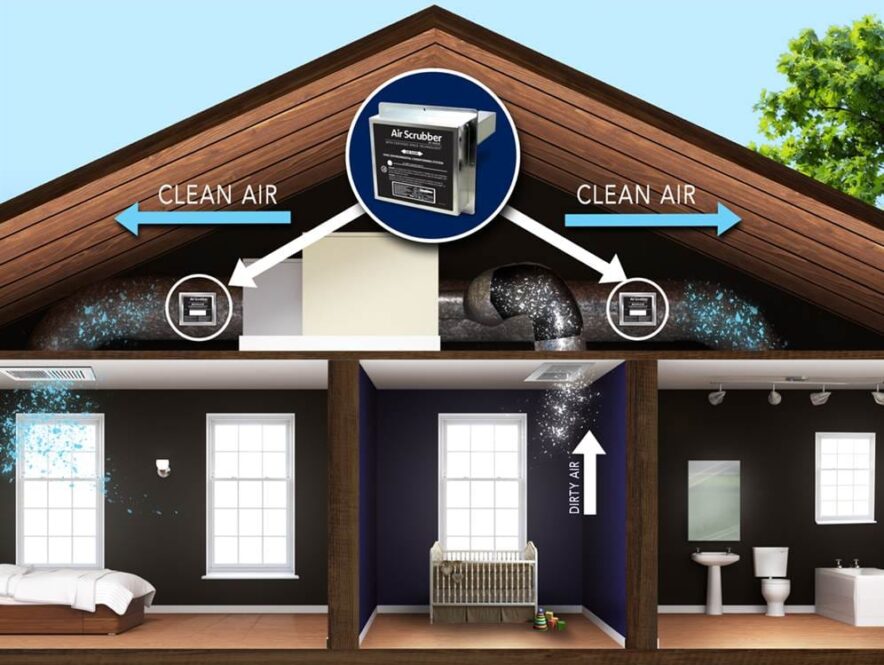Indoor Air Quality
Improving Air Quality
Making an effort to improve indoor air quality can help you avoid asthma flare-ups and allergy symptoms and keep you breathing easy through the colder months.
It may feel cozy being sealed in tight against the cold in your home during the chillier months of the year, but for people who are sensitive to indoor allergens or have respiratory problems, winter can exacerbate problems. Stale indoor air and heating systems can increase the amount of allergy-inducing dust mites, pet dander, and mold spores circulating through your house. In late winter and early spring, it may still be too chilly to throw open the windows to pull out the musty air, so while you await the warmer weather it's important to be aware of some of the allergy and respiratory triggers that may be lurking in your surroundings.
Your Local Aerus Enterprise Solutions distributor & installer.


Aerus Enterprise Solutions
We are pleased to be your local Aerus Enterprise Solutions distributor & installer. With Covid-19 ever present in our daily lives & cold & flu season quickly approaching please contact us to discuss how we can help keep the air in your home, office & even your car purified!
Please watch the video link in the messages to see how the products work.

Improving air quality.
Making an effort to improve indoor air quality can help you avoid asthma flare-ups and allergy symptoms and keep you breathing easy through the colder months. While it's probably not possible to eliminate all the allergens inside your home, you can reduce the number — and your exposure to them — by making some simple changes. Here are some strategies you can use to improve air quality inside your home and hopefully improve your allergy symptoms.
Keep it clean. A clean house may be a healthier house, because good indoor hygiene can greatly cut down on dust and animal dander. Your cleaning efforts should focus on strategies to reduce the accumulation of pet dander, mold, and dust lurking in your home.
Focus on the following:
Vacuuming the carpets and area rugs at least once or twice a week with a vacuum cleaner equipped with a HEPA filter. Opting for hard-surface flooring instead of wall-to-wall carpeting may also cut down on allergens in the home.
Regularly cleaning bedding, drapes, and other items that tend to attract allergens—particularly if you have pets. The American Academy of Allergy, Asthma & Immunology recommends washing in water that is at least 130° F. Also consider using dust mite–proof covers on pillows, as well as mattresses and box springs, whenever possible.
Clearing clutter, because it traps and holds dust that can trigger a reaction. Keep the greenery outdoors. In-door plants are pretty, but they can also collect and foster the growth of mold.
Change your filters. If you have a forced-air heating system, be certain to change the filters regularly. Electrostatic filters can help ensure that dust and other airborne irritants get trapped instead of being recirculated throughout your home. Also consider having your ducts cleaned to remove trapped dust. This may not always be advisable, but it helps in some cases.


If you build it, we can heat it. Available for no heat service calls 24hrs a day, 7 days a week.
Follow us on Facebook!